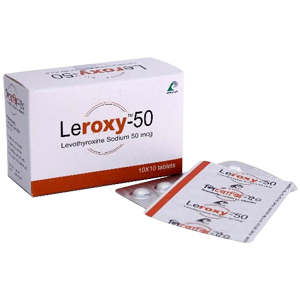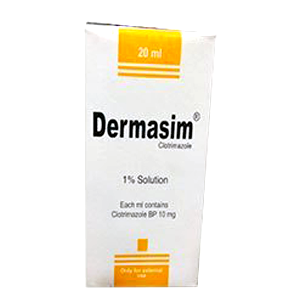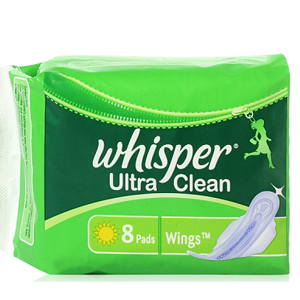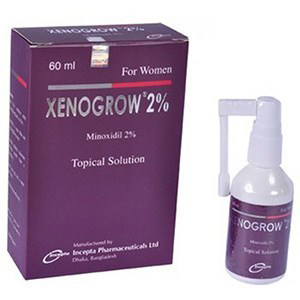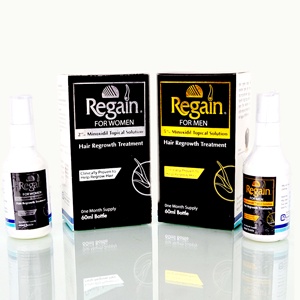Leroxy-50 Tablet
In order to avoid irregular absorption, Levothyroxine should be taken preferably at a fixed time on an empty stomach. Concomitant intake of food may decrease the absorption of Levothyroxine. Dosing must be individualized and adjustments to be made based on periodic assessment of the patient’s clinical response and laboratory parameters.
Adult Dosage:
Initial starting dose: 25-50 mcg/day, with gradual increments in dose at 6-8 week intervals, as needed. The Levothyroxine Sodium dose is generally adjusted in 12.5-25 mcg increments until the patient with primary hypothyroidism is clinically euthyroid and the serum TSH has normalized.
In patients with severe hypothyroidism: Initial dose is 12.5-25 mcg/day with increases of 25 mcg/day every 2-4 weeks, accompanied by clinical and laboratory assessment, until the TSH level is normalized.
In patients with secondary (pituitary) or tertiary (hypothalamic) hypothyroidism: Levothyroxine Sodium dose should be titrated until the patient is clinically euthyroid and the serum free – T 4 level is restored to the upper half of the normal range.
For patients older than 50 years or for patients under 50 years of age with underlying cardiac disease: 1.7 mcg/kg/day.
TSH suppression: For thyrotropin-dependent well-differentiated thyroid cancer: Doses >2 mcg/kg/day may be given as a single dose to suppress TSH to <0.1 MIU/L. For benign nodules and nontoxic multinodular goitre: Target TSH is generally higher at 0.1-0.5 MIU/L for nodules and 0.5-1 MIU/L for multinodular goitre. Pediatric Dosage: Newborns: The recommended starting dose is 10-15 mcg/kg/day. A lower starting dose should be considered in infants at risk for cardiac failure, and the dose should be increased in 4-6 weeks as needed based on clinical and laboratory response to treatment. In infants with very low (< 5 mcg/dL) or undetectable serum T 4 concentrations, the recommended initial starting dose is 50 mcg/day of Levothyroxine Sodium. Infants and Children: In children with chronic or severe hypothyroidism, initial dose of 25 mcg/day with increments of 25 mcg every 2-4 weeks until the desired effect is achieved. Hyperactivity in an older child can be minimized if the starting dose is one-fourth of the recommended full replacement dose, and the dose is then increased on a weekly basis by an amount equal to one-fourth the full-recommended replacement dose until the full recommended replacement dose is reached. Daily dose per kg body weight: 0-3 months: 10-15 mcg/kg/day 3-6 months: 8-10 mcg/kg/day 6-12 months: 6-8 mcg/kg/day 1-5 years: 5-6 mcg/kg/day 6-12 years: 4-5 mcg/kg/day >12 years but growth and puberty incomplete: 2-3 mcg/ kg/ day
Growth and puberty complete: 1.7 mcg/kg/day
The dose should be adjusted based on clinical response and laboratory parameters.
Description
Leroxy-50 Tablet
In order to avoid irregular absorption, Levothyroxine should be taken preferably at a fixed time on an empty stomach. Concomitant intake of food may decrease the absorption of Levothyroxine. Dosing must be individualized and adjustments to be made based on periodic assessment of the patient’s clinical response and laboratory parameters.
Adult Dosage:
Initial starting dose: 25-50 mcg/day, with gradual increments in dose at 6-8 week intervals, as needed. The Levothyroxine Sodium dose is generally adjusted in 12.5-25 mcg increments until the patient with primary hypothyroidism is clinically euthyroid and the serum TSH has normalized.
In patients with severe hypothyroidism: Initial dose is 12.5-25 mcg/day with increases of 25 mcg/day every 2-4 weeks, accompanied by clinical and laboratory assessment, until the TSH level is normalized.
In patients with secondary (pituitary) or tertiary (hypothalamic) hypothyroidism: Levothyroxine Sodium dose should be titrated until the patient is clinically euthyroid and the serum free – T 4 level is restored to the upper half of the normal range.
For patients older than 50 years or for patients under 50 years of age with underlying cardiac disease: 1.7 mcg/kg/day.
TSH suppression: For thyrotropin-dependent well-differentiated thyroid cancer: Doses >2 mcg/kg/day may be given as a single dose to suppress TSH to <0.1 MIU/L. For benign nodules and nontoxic multinodular goitre: Target TSH is generally higher at 0.1-0.5 MIU/L for nodules and 0.5-1 MIU/L for multinodular goitre. Pediatric Dosage: Newborns: The recommended starting dose is 10-15 mcg/kg/day. A lower starting dose should be considered in infants at risk for cardiac failure, and the dose should be increased in 4-6 weeks as needed based on clinical and laboratory response to treatment. In infants with very low (< 5 mcg/dL) or undetectable serum T 4 concentrations, the recommended initial starting dose is 50 mcg/day of Levothyroxine Sodium. Infants and Children: In children with chronic or severe hypothyroidism, initial dose of 25 mcg/day with increments of 25 mcg every 2-4 weeks until the desired effect is achieved. Hyperactivity in an older child can be minimized if the starting dose is one-fourth of the recommended full replacement dose, and the dose is then increased on a weekly basis by an amount equal to one-fourth the full-recommended replacement dose until the full recommended replacement dose is reached. Daily dose per kg body weight: 0-3 months: 10-15 mcg/kg/day 3-6 months: 8-10 mcg/kg/day 6-12 months: 6-8 mcg/kg/day 1-5 years: 5-6 mcg/kg/day 6-12 years: 4-5 mcg/kg/day >12 years but growth and puberty incomplete: 2-3 mcg/ kg/ day
Growth and puberty complete: 1.7 mcg/kg/day
The dose should be adjusted based on clinical response and laboratory parameters.
